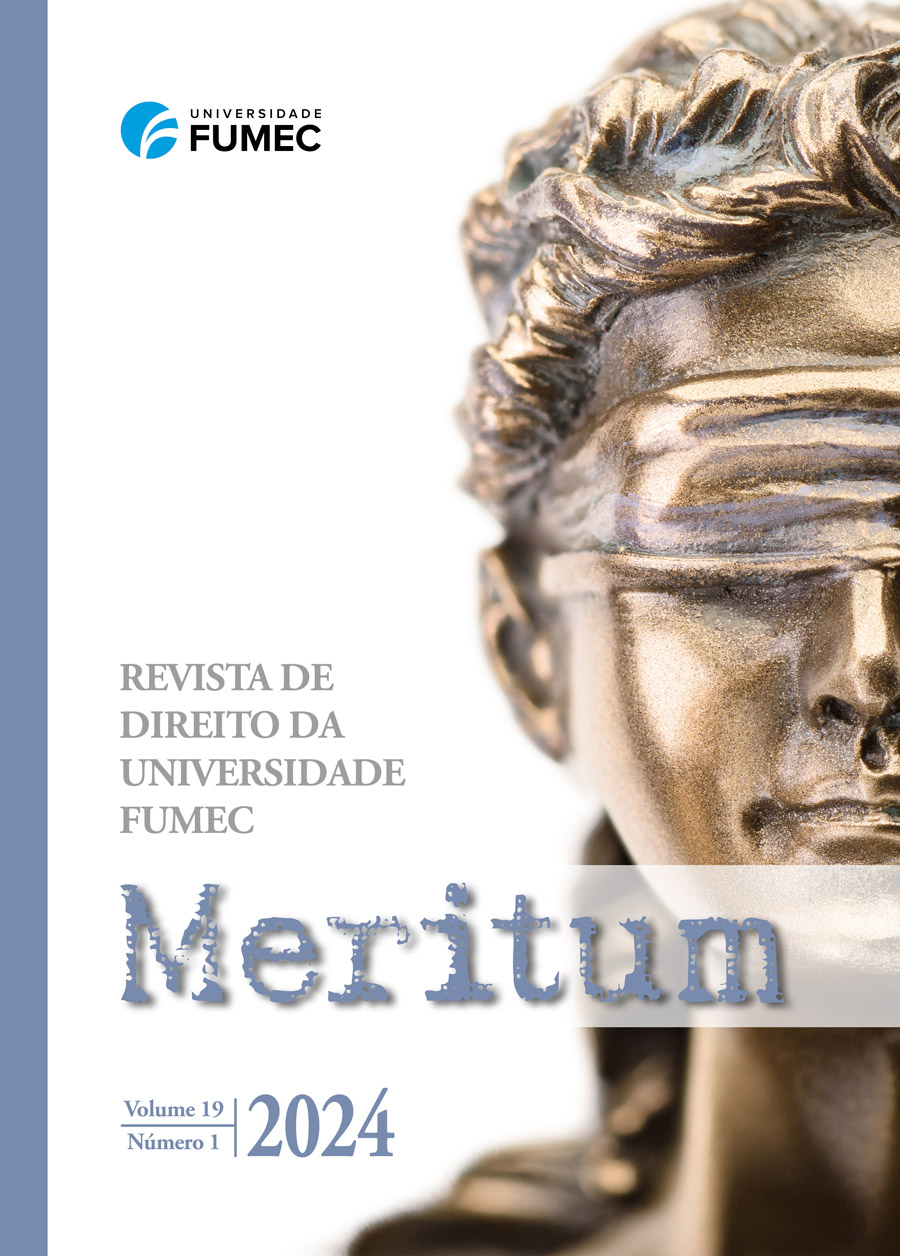The The relationship between capitalism, urbanization, postmodernity and the notion of good living in the New Latin American Constitutionalism
DOI:
https://doi.org/10.46560/meritum.v19i1.9780Abstract
From the 1980s onwards, the emergence of neoliberalism brought with it an increase in social and economic inequality. In response, the beginning of the 21st century was marked by the emergence of a movement called New Latin American Constitutionalism (NCLA), led by the constitutions of Ecuador in 2008 and Bolivia in 2009, based on respect for the heterogeneity of traditional peoples and on the notion of well-being, with the aim of reducing social and economic inequalities in Latin America. This article aims to analyze the relationship between capitalism, postmodernity and urbanization from the NCLA notion of well-being to the search to reduce socio-spatial segregation and inequality in cities. The method used is deductive, and the research is based on a bibliographical and documental review. It is concluded that the NCLA constitutional innovations in the urban area, based on the notion of well-being, allow the search for the reduction of socioeconomic inequality in cities, improving the quality of life of subaltern populations.
Downloads
Published
Issue
Section
License
Autores que publicam nesta revista concordam com os seguintes termos:
- Autores mantém os direitos autorais e concedem à revista o direito de primeira publicação, com o trabalho simultaneamente licenciado sob a Licença Creative Commons Attribution que permite o compartilhamento do trabalho com reconhecimento da autoria e publicação inicial nesta revista;
- Autores têm autorização para assumir contratos adicionais separadamente, para distribuição não-exclusiva da versão do trabalho publicada nesta revista (ex.: publicar em repositório institucional ou como capítulo de livro), com reconhecimento de autoria e publicação inicial nesta revista;
- Autores têm permissão e são estimulados a publicar e distribuir seu trabalho online (ex.: em repositórios institucionais ou na sua página pessoal) a qualquer ponto antes ou durante o processo editorial, já que isso pode gerar alterações produtivas, bem como aumentar o impacto e a citação do trabalho publicado (Veja O Efeito do Acesso Livre).






